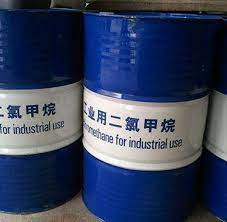What Is Alkali and How Does It Affect Food
Alkali is a type of chemical that is used to change the pH of food. The article provides background on what alkali is and how it affects food, as well as how to use it in your kitchen.
What is Alkali
Alkali is the chemical symbol for sodium and potassium, two high-pressure elements that have extreme effects on foods. If there is too much alkali in food, it can cause the food to spoil. For example, if you have too much alkali, your bread will turn from brown to gray or black. Alkali is also what causes your baked goods to rise.
How does it affect food?
Alkali is a type of salt with a high content of caustic soda. When added to food, it can make the food taste better, but it damages the taste and texture of cooked or uncooked foods. It can even cause chemical burns if handled improperly.
How to avoid alkali in food
Alkali is the term for any substance that can increase the pH in a solution, and it is often found in substances such as soap, detergents, and baking soda. An alkaline environment in your stomach can cause ulcers, swelling, and discomfort. To avoid alkali from food, try to buy organic food as much as possible.
Alternative uses for alkali
Alkali is an ion with a charge of one unit. It often comes into contact with food because it is found in some foods. Alkali can be used to neutralize acids. This often happens when the pH value in foods becomes too high. One of the most common uses for alkali is to make donuts, which is accomplished by using eggs and baking soda.
Conclusion
Alkali is a compound that indicates the degree of acidity or alkalinity found in a solution. Some foods like bread and pasta might have an alkaline pH, while others like nuts and fruits are more likely to have an acidic pH.




Comments
Post a Comment